Easier said than done, isn’t it?. Through this chat we shall see how to prioritize what we have in hand. Then we do “First Things First”. Moreover, we won’t be anymore afraid of digging deep to find what we usually overlook.
What tasks do we really have in hand?
Actually we have in hand only one task, it is the one that we are doing right now. The other things that are rumbling in our mind are not actually in our hand now. Those vary between things that we ought to do, we need to do and we want to do. They might actually look just similar verbs but they have some difference and those differences makes all the difference in handling them. Let’s demystify it.
What we “ought to do” carries the sense of obligations.
You don’t feel like doing it but, you have to. There are no valid reasons or justifications for you to do it. However you are afraid of some sort of punishment or at least discomfort if you didn’t do it. It might be a request from an intimate friend or an instruction from an important person or an authority. Otherwise, it might be some regulations that you must follow but never understood. A good example is the recertification of the quality assurance certificate. This happens if the Quality assurance team didn’t make the explanation effort to gain your buy in for the task. You just do it without a real believe of its value to you.
While what we “need to do” carries the necessity sensation.
Let us take an example of the electrical bills. You need to pay it. Even if you can delay it, but you might face added fees and electrical power disconnection. Anyhow, you need the electric power in your home and your work. In the work place, you need to attend the meeting and deliver in time and within budget. You may have the sense that there are a lot of things that need to be done to make things better. That’s when you have a feeling of ownership or at least you believe that the survival and growth of the organization has some benefits for you. There is no direct punishment but you can see the negative consequences whether direct or indirect on you.
The idea of “I want to” usually empowers you.
It opens a lot of doors and sheds many light sources on your path even if it seemed dark in the beginning. You sense an achievement at the end of effort. You are willing to work around obstacles and even, invest more time planning for your wants till it flourish. Many times, the logical sequential thinking puts off those ideas. Moreover, if this idea is different from what the others do, you are fearful from investing time and effort in it. Apparently, it might look easier to be like the crowd. However, it is never fulfilling because you enter a race that never ends. The stick carrying the carrot that the crowd goes after usually moves forward faster than most of the crowd. So, even if this common path appeared easier because the road looks known, the achievement feeling is further far to reach
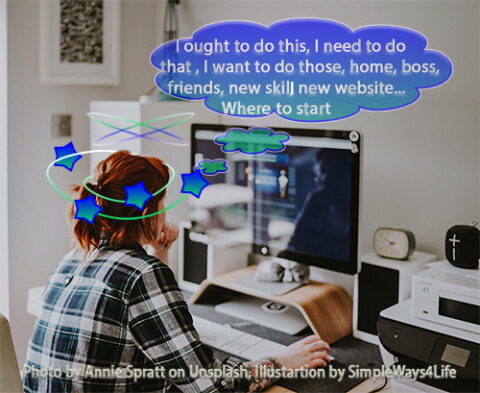
Our mind stumbles between many ideas from the three categories: ought, need and want to. This causes chaos in our focus on the single task that we are doing now. Unfortunately, at the end, you may had not excelled in any of them. Moreover you have no clear view which task to start from. Those ideas are racing together in you mind without any rest even during sleep. Additionally, they constitute a heavy load. Splitting them in your mind to their original categories as: ought, need and want to, won’t help to offload them from your shoulder. Neither it will tell you which one to handle first. Kindly, don’t rush to start with what you want to do to put yourself first although that’s a top priority. Also, don’t rush to put what you are obliged to do on the top of “first things first”. Why?
Below Five steps and the illusion of Atlas from Greek Methodologies will help you reach “first things first” and a chance to get everything accomplished.
Where to start from?
What we all really want is to get all tasks done in time and as per the book. We need to remember that it is like a GPS, you may know your destination or you search till you find it. However it won’t show you the route unless you have a starting point. Your starting point is always here and now. To offload all those struggling ideas in your mind and descend the depression or stress they cause you, just start by writing them down. It is this simple starting point to reach first things first.
Step One was to write them down, What is step two?
However, This simple step-one won’t get things done. Next step is to write beside each one: “Why I want to do this?”. Some ideas might be crossed off by simply finding no reason for doing them. A repeated example of those ideas is this idea which popped up due to repeated ad or visit of a sales person or a coworker. Other instance that hang you around with a needless idea is doing needless routine jobs. An example from outside the work place can be the weekly visit to the market. It takes some time in your schedule. However sometimes actually you need nothing in particular for this weekend or for the coming week. You may have enough at home from the previous week or you might be travelling the whole coming week.
Most of the answer to “Why?” will give you an indicator of “How important?” this task is. As if you are ranking the priority of the ideas. You can even agree with yourself on a proportional ranking scheme . So number one is the boss direct orders, followed by the production team then the Human resources and finance. You may rank your children school party a “Top priority” or defer it. This ranking scheme actually reflects your set of values. If you try to fake an ordered set of values that don’t reflects your real believes, it would never be helpful. Moreover, things would never end up done as per your plan.
We shall continue steps 3 to 5 and to demystify the illusion of Atlas in Greek mythology in the coming chat, stay safe.
Summary of “First things first – 1/2”
There are Five steps and one illusion needed to put all the tasks in our mind in the correct order. We had so far categorized the ideas -which are tasks that are not yet executed- into 3 categories. What you ought to do, what you need to do and what you want to do. We explained together that none of these categories entitle the task to be on the top of the “First Things First”. We had taken two of the five steps today. So till next week write down your ideas and ask yourself why you it is in you mind. Make your coffee time, your fun time
If you feel you need help with any of these ideas we discussed, request a Management Consultancy or Coaching Services From our Store

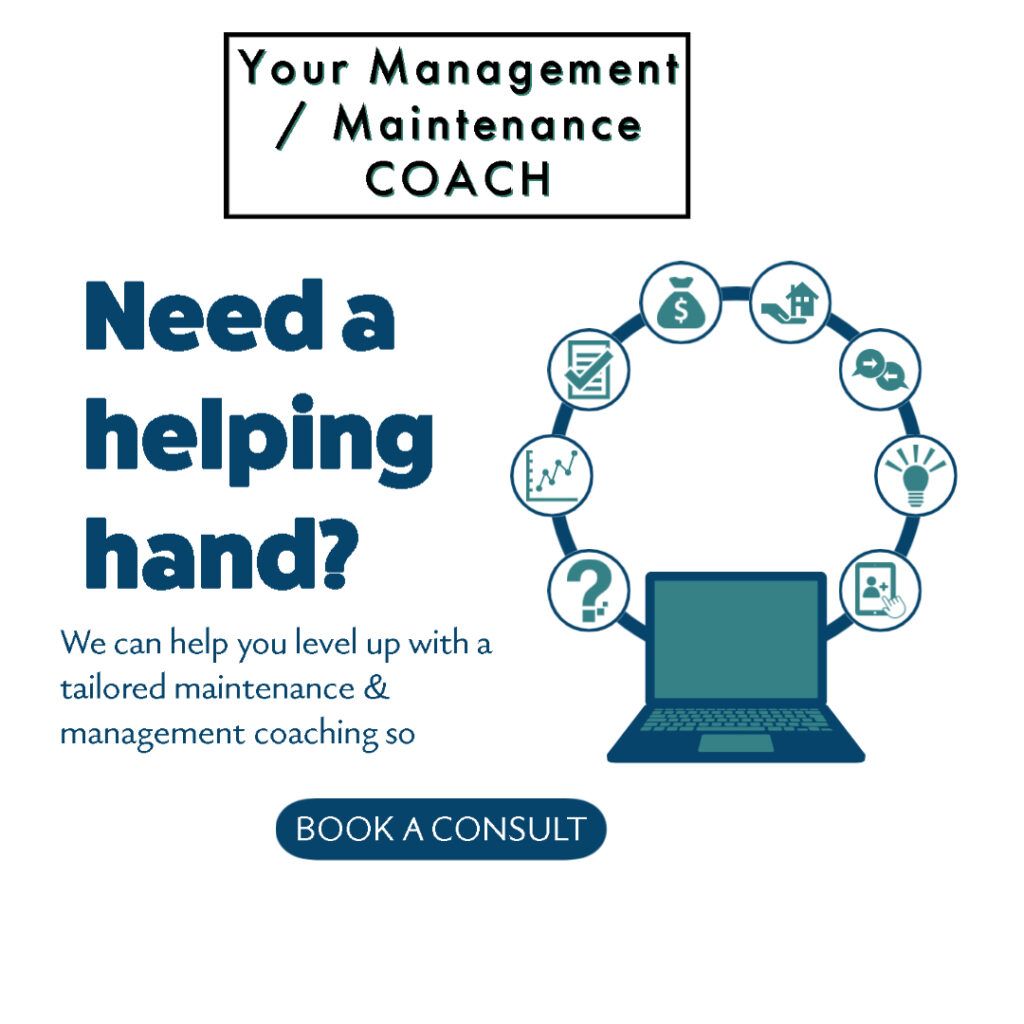
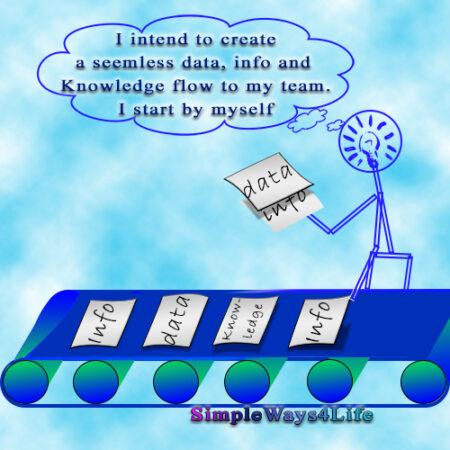
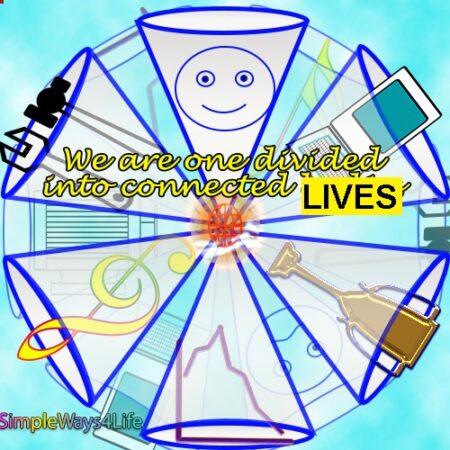
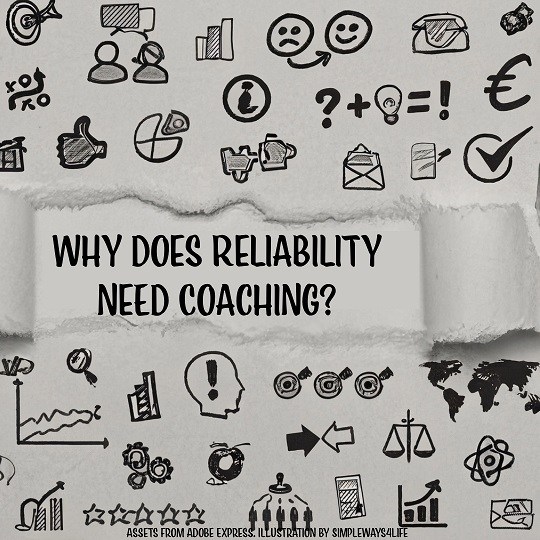
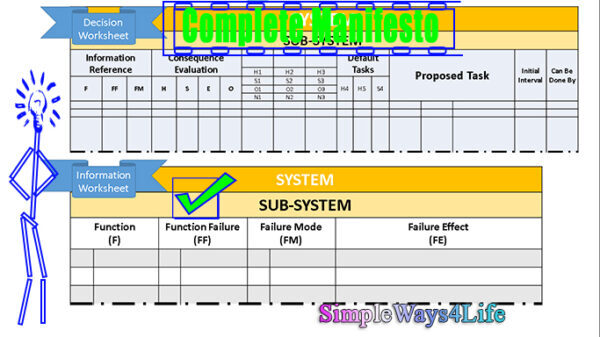
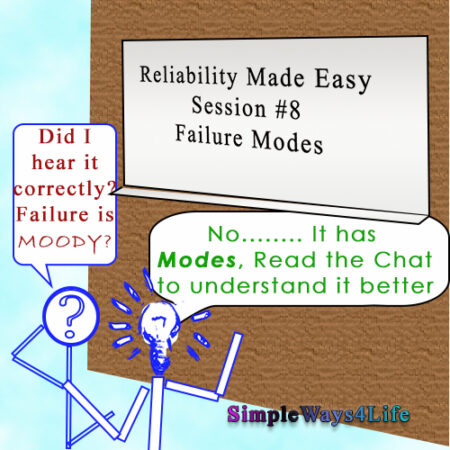
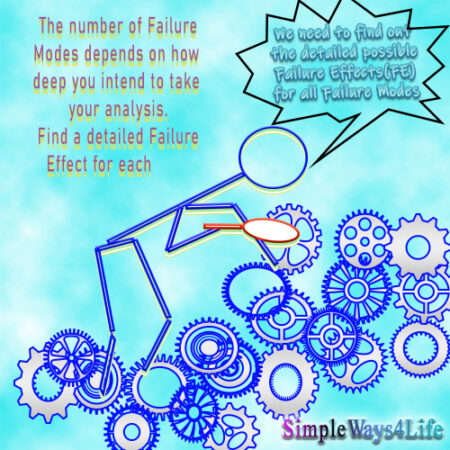
2 Comments